
Short break pilot
“As a single mother, taking care of my two young boys, Connor and Kian, can be tough.”
Read moreA priority for the year was to review and refocus our grant-making programmes for charities
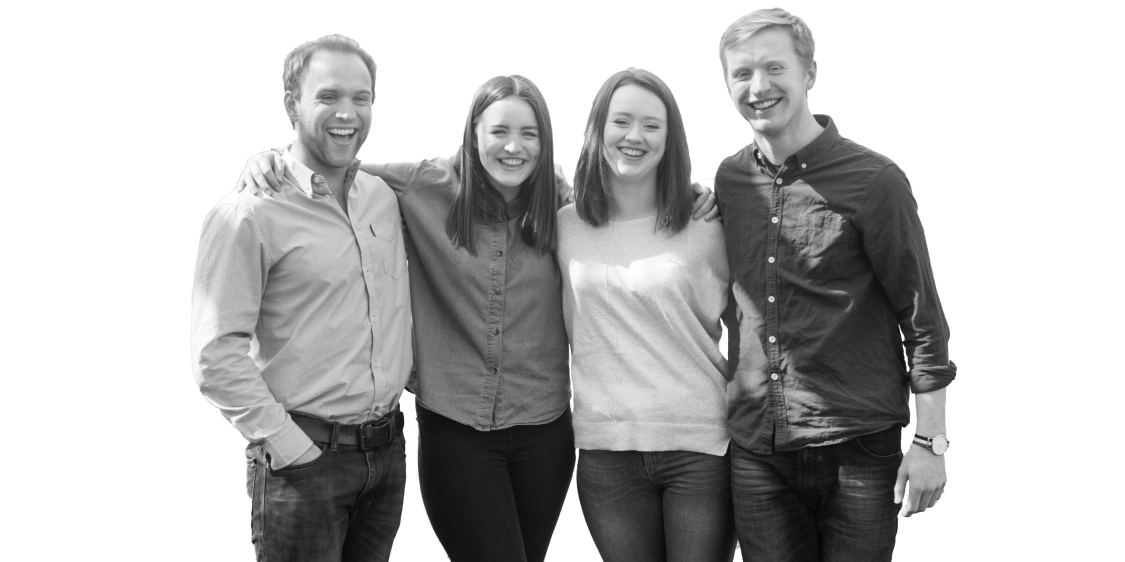
Work on developing these programmes has been one of our priorities for several years, and all four programmes were finalised by the end of 2018, with the first grants awarded in early 2019.
The target areas will be reviewed regularly to ensure we are making the greatest possible difference, building on decades of support from Freemasons for local and national charities through the MCF.

The UK’s population is not only growing in size but also ageing; this means the number of people experiencing loneliness as they get older is increasing. Over half of people aged 75 and over live alone, and 200,000 of them will not have had a single conversation with a friend or family member in the last month. Through grants to local and national charities, Freemasons and the MCF help to fund a range of services in local communities across the country to support the physical and emotional needs of people as they age, including access to healthcare, transport and technology. To launch this programme, we awarded a £1 million flagship grant to Age UK.
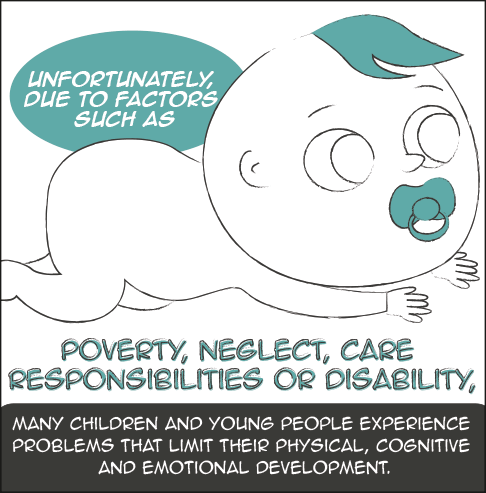
The early years of a child’s life are crucial to their health and success in adulthood. Unfortunately, due to factors such as poverty, neglect, care responsibilities or disability, many children and young people experience problems that limit their physical, cognitive and emotional development. Despite strong evidence that early interventions have a significant positive impact on a child’s
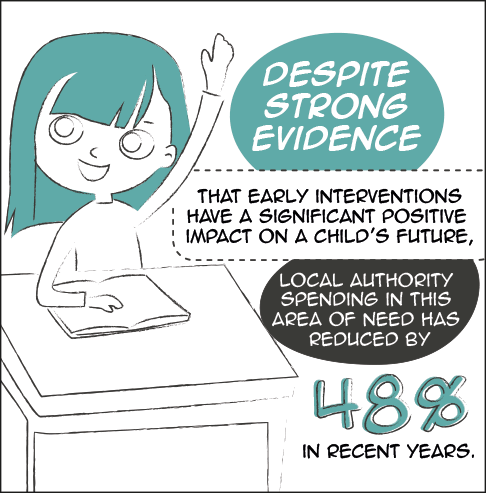
future, local authority spending in this area of need has reduced by 48 per cent in recent years. Local projects funded by Freemasons through the new MCF programmes include mental and physical health support, parenting programmes, pastoral care and learning and development opportunities, helping to create opportunities and a more positive future for disadvantaged young people.
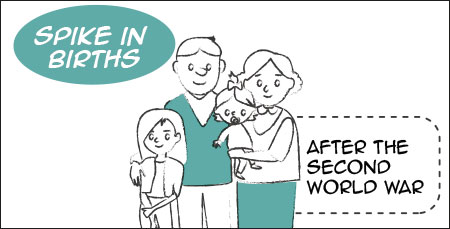
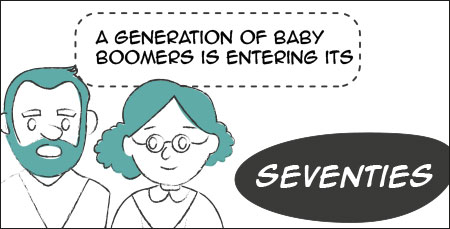
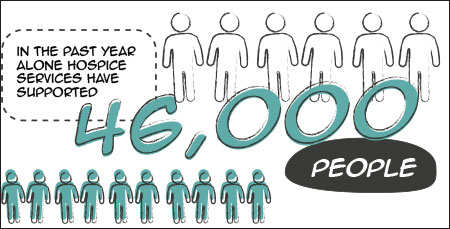
Due to the spike in births after the Second World War, a generation of baby boomers is entering its seventies. In the past year alone, hospice services have supported 46,000 people coping with the death of a loved one. With the rate of deaths set to rise over the next 20 years, there will inevitably be more bereaved people seeking support – it is imperative that services are increased and improved now to meet the rising need. Our hospice programme, delivered on behalf of Freemasonry, awards grants totalling £600,000 to fund day-to-day care at hospices receiving less than 60 per cent of their funding from the NHS, as well as innovative bereavement care projects identified through Hospice UK.
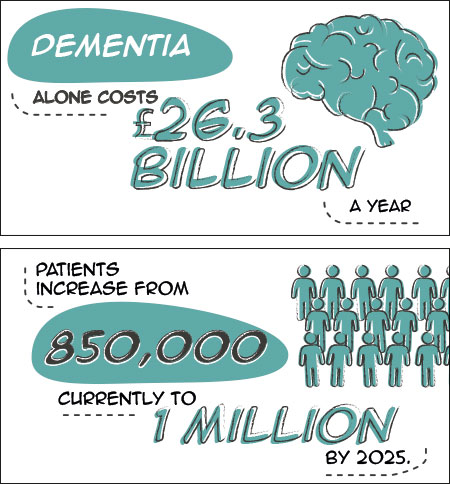
As our population ages, demand on healthcare and social care services is growing. The estimated current cost to the UK of dementia alone is £26.3 billion a year and statistics suggest that the number of patients will increase from 850,000 to 1 million by 2025. Working with carefully-selected partners, our research grants fund PhD studentships to carry out basic, clinical and epidemiological research that aims to improve knowledge, treatment and services for degenerative diseases.
SARAH BENNETT, CEO OF BALLOONS
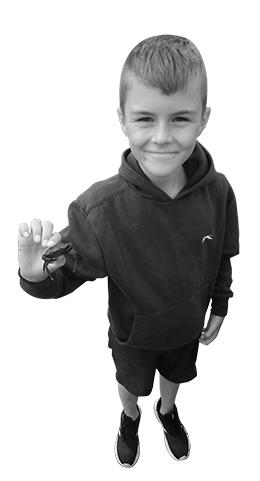
It’s not just within our grant-making programmes for charities that we have retargeted our funding. This year, we have also reviewed the help we provide for Freemasons and their families, and have developed new ideas to expand
and improve the range of grants and services we offer to those in need of support.
We have been funding short UK holidays for older people for many years in four seaside locations, but as a charity that prides itself on providing cradle-to-grave support, we felt this did not meet the needs of many of the families we help. We believe everyone deserves the chance to have a change of scenery and an opportunity to relax and recharge their batteries.
Last year, we trialled a new approach to establish the demand for and value of a new type of support. We offered grants for short breaks for six beneficiary groups: families with disabled children, young carers, single parent families, children with absent parents, older people with disabilities and their carers, and people in poorer households. Between October 2018 and March 2019, we provided grants totalling £18,255 to 21 families in the North of England – a total of 62 family members – which could be used for travel, accommodation, spending money and holiday clothes.
The majority of families selected had not been on a break of more than two nights for many years, with cost being considered the greatest barrier. A follow-up survey of those who accepted the offer told us they greatly appreciated the holiday they were able to go on and that the process of applying was easy.
Following the success of the pilot, we are now rolling out the short-break grants across England and Wales.
Connor, 10, on holiday in Bournemouth

“As a single mother, taking care of my two young boys, Connor and Kian, can be tough.”
Read more